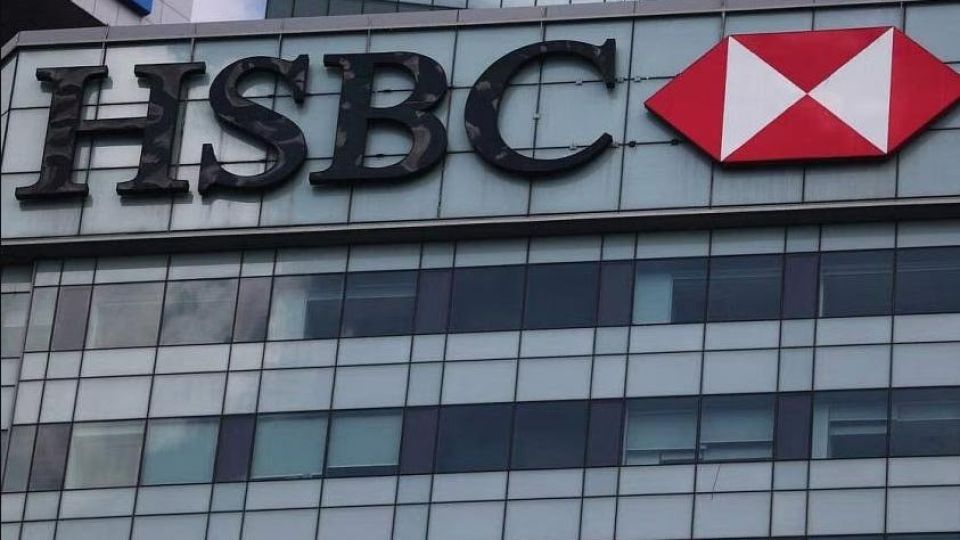June 13, 2023
SINGAPORE – London-headquartered banking group HSBC is carving out a bigger role for Singapore as a regional hub as it expands in Asia, with the city receiving funds from a US$6 billion (S$8.1 billion) investment earmarked to drive its Asian growth between 2021 and 2026.
Capital will continue to be deployed to hire more staff and beef up the capabilities of HSBC Singapore’s wholesale business and wealth and personal banking arm targeting the mass affluent, said the heads of its Asia and Singapore offices.
These are two areas where the bank sees itself as having a greater edge over local banks DBS, UOB and OCBC, said Mr Wong Kee Joo, chief executive of HSBC Singapore.
The bank has appointed and moved some of its most senior executives from key London and Hong Kong offices to Singapore. They include the global head of capital markets, global head of wealth and investment solutions, and regional head of wealth and personal banking.
An Asean head of sustainable finance and investments and a chief digital officer have also been appointed. On the wholesale banking side, the bank’s South and South-east Asia heads of commercial and global banking are located here.
The changes come as Singapore’s appeal as an international hub for wealthy individuals increases.
“We are looking at supporting the international needs of the mass affluent in Singapore by giving them access to international account opening and credit facilities so that they can bank like locals in multiple markets,” Mr Wong said.
He added that clients include individuals as well as corporations, asset managers and institutions. “We can do this because we have offices in cities around the world.”
There could also be more deals after the bank’s US$529 million acquisition of Singapore’s AXA Insurance in 2022 and its US$150 million Pentagreen Capital joint venture on sustainable project financing in partnership with Temasek in 2021, Mr Wong said.
Singapore’s growing importance to HSBC is part of a strategy mooted in 2020 to channel more resources into growing its Asia revenues, which have mostly been derived out of Hong Kong.
But this is changing.
“We are following the wealth flows,” Mr Wong said, noting that in 2021, Singapore saw its assets under management (AUM) rise by 16 per cent over the previous year to US$4 trillion.
Data also showed Singapore’s retail AUM growing at a faster pace than Hong Kong’s.
Mr Wong added that foreign direct investment (FDI) coming into Asean has been growing fast, with US$174 billion worth of FDI flowing into Asean in 2021, representing a 43 per cent year-on-year increase. Asean received 11 per cent of global FDI flows, compared with 12 per cent for China.
Singapore has been the largest recipient of FDI in Asean and a gateway to the region, with 46 per cent of corporate regional headquarters based here, Mr Wong said.
“We have been seeing more companies moving parts of their operations to countries like Vietnam, Malaysia and Indonesia to diversify their supply chains. Our strategy is to build ourselves as a wholesale banking hub for these companies.”
The bank’s move to scale up its services in Asia comes after 80 per cent of its shareholders voted in May to reject a proposal to spin off the Asia business and fix its yearly dividend payouts.
The proposal was led by a group of shareholders including Ping An Insurance, the largest shareholder.
The vote was a show of support for HSBC’s management, which had urged shareholders to vote “no”.
“Being global is how we generate a significant portion of our revenues and is central to our whole strategy,” HSBC group chairman Mark Tucker said in a statement.
“A restructuring or spin-off would mean that we lose this revenue, as our bank would no longer have the connectivity which our customers value.”
With nearly US$3 trillion in assets, HSBC is among the 10 largest global banks.
“Our strategy has always been to invest more in Asia,” said Mr Surendra Rosha, co-chief executive of HSBC Asia-Pacific, adding that the aim is to channel up to 50 per cent of the bank’s capital into Asia, from 47 per cent currently.
This will help the bank achieve its return on average tangible equity target, which measures a company’s profitability based on its physical capital, of at least 12 per cent for 2023 onwards, he said.

